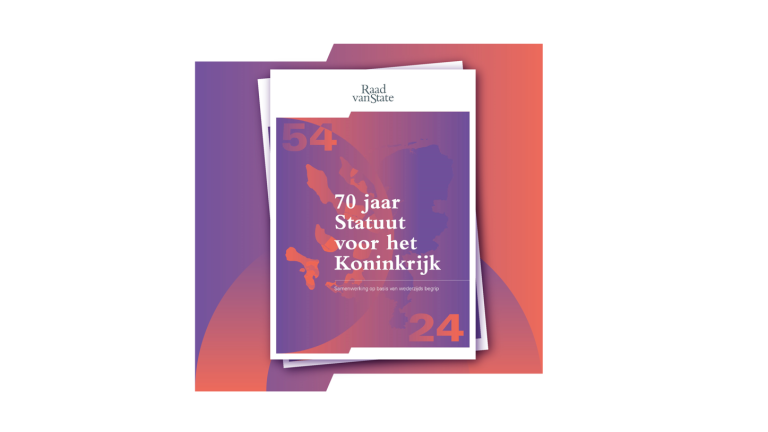“Touristing” in Aruba
On August 1st, 2009 a new national decree on admission (“Toelatingsbesluit 2009” or “TB”) has become effective which further regulates the admission of non-nationals in Aruba in accordance with the National Ordinance on Admission, Expulsion and Deportation. The TB also converts certain policies of the Directorate of Alien Integration, Policy and Admission (“DIMAS”) into law.
In the TB the ED-card (Embarkation and Disembarkation Card), which non-citizens must fill out, is now considered a petition to gain admission into Aruba, while a visa is now considered an authorization given to a tourist to travel to Aruba and apply to gain admission by filling out the ED-card. The TB now prescribes that the denial of admission to Aruba must be presented in writing. A reason for denial can be that the identity of the person cannot be confirmed in a satisfactory manner or that the period for which he or she has been denied admission to Aruba has not yet passed (e.g. after being deported).
The TB makes a distinction between tourists who require a visa to travel to Aruba and those who are exempted from the requirement of a visa, depending on their nationality.
A tourist who does not need a visa to enter Aruba will generally gain entry in Aruba after giving the immigration officer an ED-Card and showing a return ticket or if the tourist shows that he or she is in transit to somewhere else. The tourist must also show that he or she has hotel accommodations or sufficient funds to provide for food and lodging or that a person will act as a guarantor for the tourist. A portion of the ED-card is given to the tourist as prove of admission on which the departure date will also be written. The departure date will generally be no more than 30 days after the date of arrival in Aruba.
Tourists who have the Dutch nationality can, upon their request, be allowed to stay up to a maximum of 180 days after the date of arrival. The same is applicable to tourists who (amongst other) own property here in Aruba no matter which nationality they possess.
Other tourists can, upon request, be granted admission for up to 90 days depending on their funds or period of guarantee from a guarantor.
Tourists who need a visa to travel to Aruba must be in possession of a valid visa and will also have to show an ED-Card and a return ticket.
The TB formalizes two types of visas. A visa valid for a period of 180 days, which can be used for different trips to Aruba. The tourist is allowed to stay for a maximum period of 30 consecutive days during each trip.
The other type of visa is valid for a period of four years and can also be used for different trips to Aruba. The tourist is allowed to stay for a maximum period of 30 consecutive days and a total of 180 days during a period of twelve months. In these cases it is also possible to request to be allowed to stay up to a maximum of 180 days after the date of arrival.
There are some cases where a tourist is exempted from the requirement of a visa and there are some cases where a tourist can ask to be exempted from the visa requirement (e.g. for humanitarian reasons).
It is also possible to request an extension of your stay in Aruba after your arrival. The request must contain the reason for the request. The extension will generally only be given in exceptional cases, which must yet be defined by a regulation by the Minister of Alien Affairs.
The Minister of Alien Affairs must ensure that no tourist is allowed to gain admission to Aruba for a period of more than 180 days per year.
It is important not to exceed the period of admission granted to you by an immigration officer, given that this can lead to deportation and/or an administrative sanction where you can be given a period during which you may not gain admission to Aruba.
If you want to stay in Aruba for more than 180 days you will need to apply for a residence or work permit.












